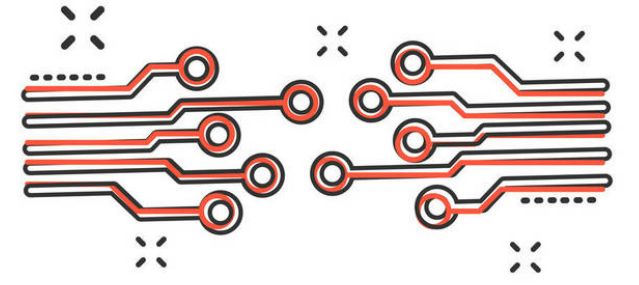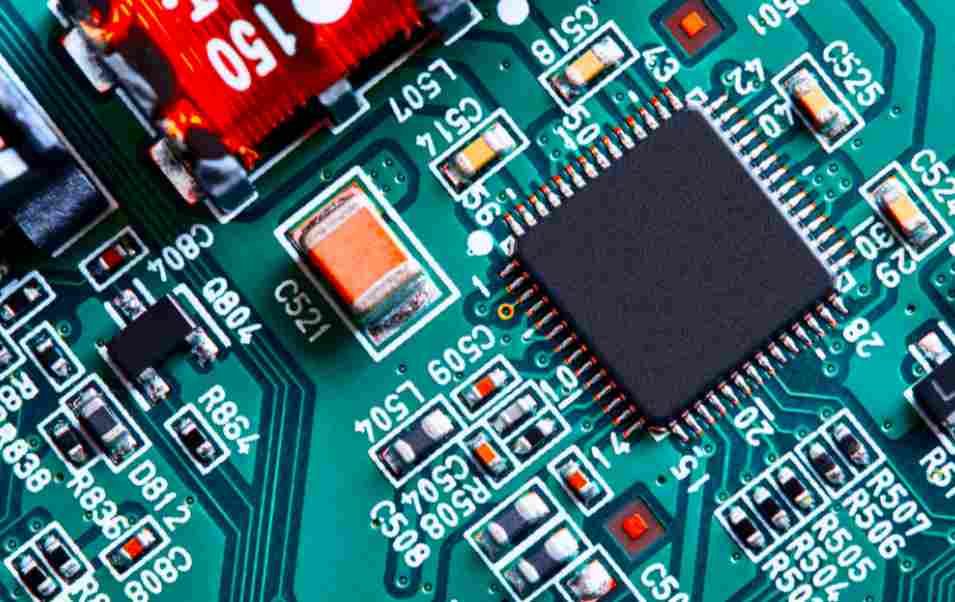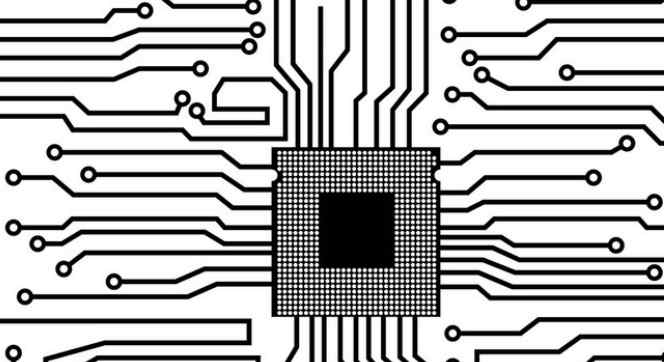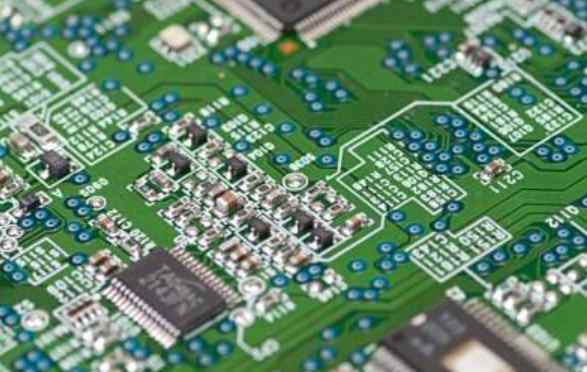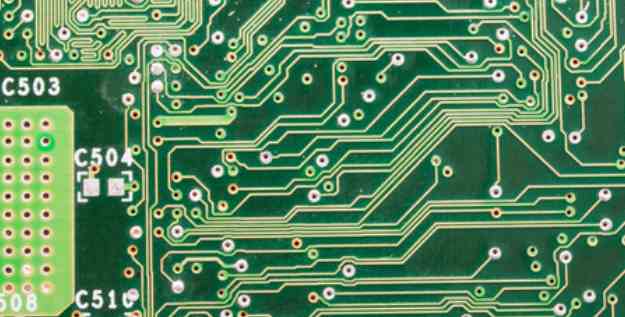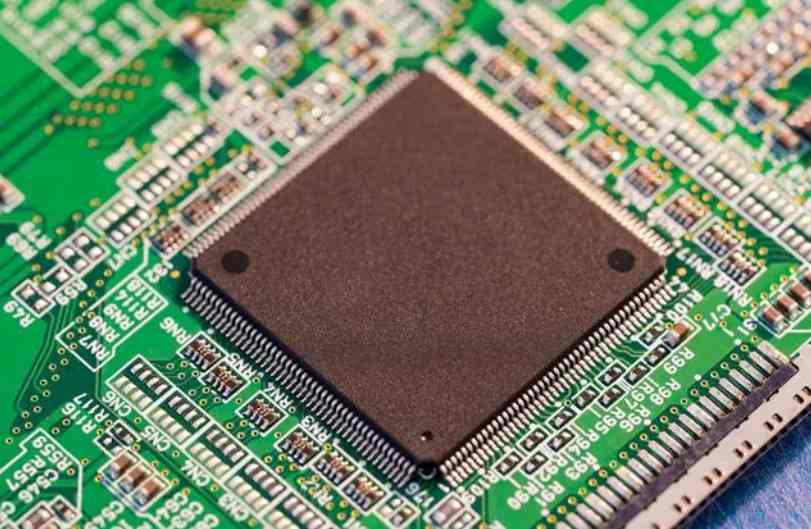
One. Why is the circuit board required to be very flat
On the automatic assembly line, if the printed circuit board is not smooth, it will cause inaccurate positioning, and the components cannot be inserted into the holes of the board and the surface mounting pad, or even crash the automatic inserting machine. The board on which the components are installed is bent after welding, and it is difficult to cut the feet of the components neatly. The board can not be installed into the chassis or machine socket, so the assembly plant encountered the board is also very troublesome. At present, printed board has entered the era of surface installation and chip installation, the assembly plant must be more and more strict requirements for board warping.
Standard and test method for warping degree
According to the United States IPC-6012 (1996 version) < Qualification and performance Specification of rigid Printed Boards > > The maximum allowable warping and warping for surface mounted printed boards is 0.75% and 1.5% for all other boards. This increased the requirement for surface-mounted printed boards over IPC-RB-276 (1992 edition). At present, the allowable warpage degree of each electronic assembly plant, whether double panel or multilayer board, 1.6mm thickness, is usually 0.70 ~ 0.75%, many SMT, BGA board, the requirement is 0.5%. Some electronics factories are agitating to raise the warpage standard to 0.3%. The warpage test is GB467.5-84 or IPC-TM-650.2.4.22B. Place the printed board on a measured platform, insert the test needle into the place with the highest warpage. Divide the diameter of the test needle by the length of the curved edge of the printed board to calculate the warpage of the printed board.
Three, in the manufacturing process to prevent plate warping
1. Engineering design: Matters needing attention in PCB design:
A. The arrangement of semi-cured sheets between layers should be symmetrical, such as six-layer sheets, and the thickness between 1 ~ 2 and 5 ~ 6 layers should be consistent with the number of semi-cured sheets, otherwise it is easy to warp after lamination.
B. Multilayer core plates and semi-cured sheets shall be made from the same supplier.
C. The line graphic area of the outer side A and side B should be as close as possible. If side A is a large copper surface, and side B is only a few wires, the printed board will warpage easily after etching. If the line area difference between the two sides is too large, some separate mesh can be added on the thin side to balance.

2. Drying plate before blanking:
The purpose of drying the copper clad plate before blanking (150 degrees Celsius, 8±2 hours) is to remove the moisture in the PCB board, while fully curing the resin in the board, further eliminating the remaining stress in the board, which is helpful in preventing the warping of the board. At present, many double-sided, multilayer boards still adhere to the process of drying before or after blanking. However, there are some exceptions for board factories. At present, PCB factories have different time regulations for drying boards, ranging from 4 to 10 hours. It is suggested to decide according to the grade of printed boards produced and customers' requirements for warpage degree. It is feasible to cut into pieces and bake or whole aniseed after drying. It is recommended to cut the material and bake the board. The inner plate should also be baked.
3. Warp and weft direction of semi-cured sheet:
The meridional and zonal shrinkage of semi-cured laminates are not the same, so the meridional and zonal shrinkage must be distinguished during blanking and lamination. Otherwise, it is easy to cause warping of the finished plate after lamination, even if the pressure drying plate is difficult to correct. Many of the reasons for the warping of multilayer plates are caused by the random placement of the warp and weft of the semi-cured sheet when laminating.
How to distinguish longitude and latitude? The direction of the rolled semi-cured sheet is meridional, and the width direction is zonal. For copper foil plate, the long side is zonal, and the short side is meridional. If you are not sure, you can inquire from the manufacturer or supplier.
4. Stress removal after lamination:
After hot and cold pressing, the sheet is removed, the rough edges are cut or milled, and then placed flat in the oven at 150 degrees Celsius for 4 hours to gradually release the stress in the sheet and completely cure the resin. This step cannot be neglected.
5, plate plating need to straighten:
0.4 ~ 0.6mm ultra-thin multilayer board for plate plating and graphic plating should be made of special clamping roller, in the automatic plating line on the flying bus on the plate, with a round stick to the whole strip of flying bus clamping roller string, so as to straighten all the roller, so that the plate will not be deformed after plating. Without this measure, the sheet will bend and be difficult to remedy after electroplating a copper layer of 20 or 30 microns.
6. Cooling of the board after hot air leveling:
The hot air of printed board is impacted by the high temperature of the solder groove (about 250 degrees Celsius). After taking out, it should be placed on the flat marble or steel plate for natural cooling, and then sent to the processor for cleaning. It's good for warping the board. In order to enhance the brightness of the surface of lead tin, some factories put the board into cold water immediately after the hot air leveling, and take it out after a few seconds for post-treatment. This kind of hot and cold impact is likely to produce warping, layering or foaming for some types of board. In addition, the equipment can be equipped with an air floating bed for cooling.
7. Processing of warping board:
In a well-managed factory, printed boards are checked for 100% smoothness during final inspection. All unqualified PCB boards will be picked out, put in the oven, at 150 degrees Celsius and pressure for 3 to 6 hours, and natural cooling under pressure. Then remove the board and check the flatness. This can save part of the board. Some boards need to be baked for two or three times before they can be leveled. Shanghai Huapu agent of pneumatic board warping straightening machine by the use of Shanghai Bell in the recovery of circuit board warping has a very good effect. If the above-mentioned anti-warping technological measures are not implemented, some PCB board will be useless for drying and pressing and can only be scrapped.


